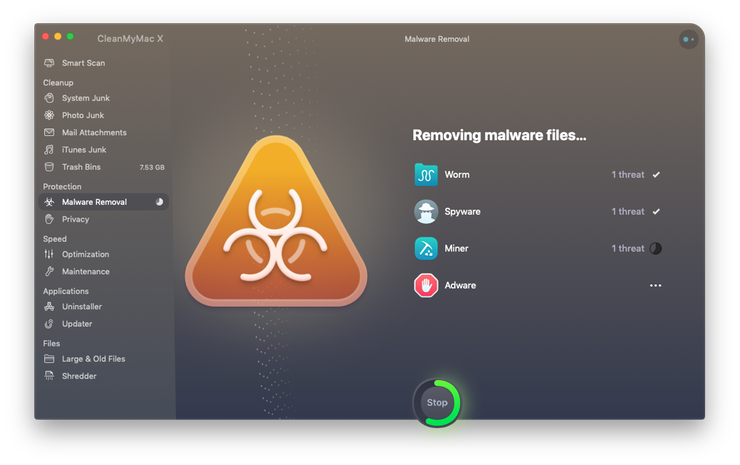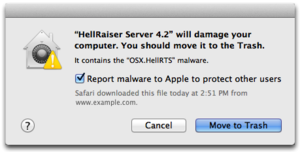

Aside from sapping performance, malware and mining apps can cause your computer to run hot or even overheat. Like the performance issues above, malware or mining apps running in the background can burn extra computing power (and data). Your computer feels like it’s running hot Is your device operating slower, are web pages and apps harder to load, or does your battery never seem to keep a charge? These are all signs that you could have malware running in the background, zapping your device’s resources. Maybe you’ve seen some of the signs we mentioned earlier. Some possible signs of hacking software on your Mac include: Performance issues While cryptomining is not illegal, “ cryptojacking ” a device without the owner’s consent is most certainly illegal.

From there, it harnesses the device’s computing power to “mine” cryptocurrencies. Cryptominers: Similar to trojans, this software hides on a device.Trojans: Trojans are type of malware that can be disguised in your computer to extract important data, such as credit card account details or personal information.Keylogging: In the hands of a hacker, keylogging works like a stalker by snooping information as you type.Whether hackers physically sneak it onto your device or by tricking you into installing it via a phony app, a sketchy website, or a phishing attack, viruses and malware can create problems for you in a couple ways:

So, does what Apple provide in terms of antivirus protection? Let’s take a look, along with some signs that your Mac may be hacked and how you can protect yourself from further threats beyond viruses, like identity theft. While Apple does go to great lengths to keep all its devices safe, this doesn’t mean your Mac is immune to all computer viruses.


 0 kommentar(er)
0 kommentar(er)
